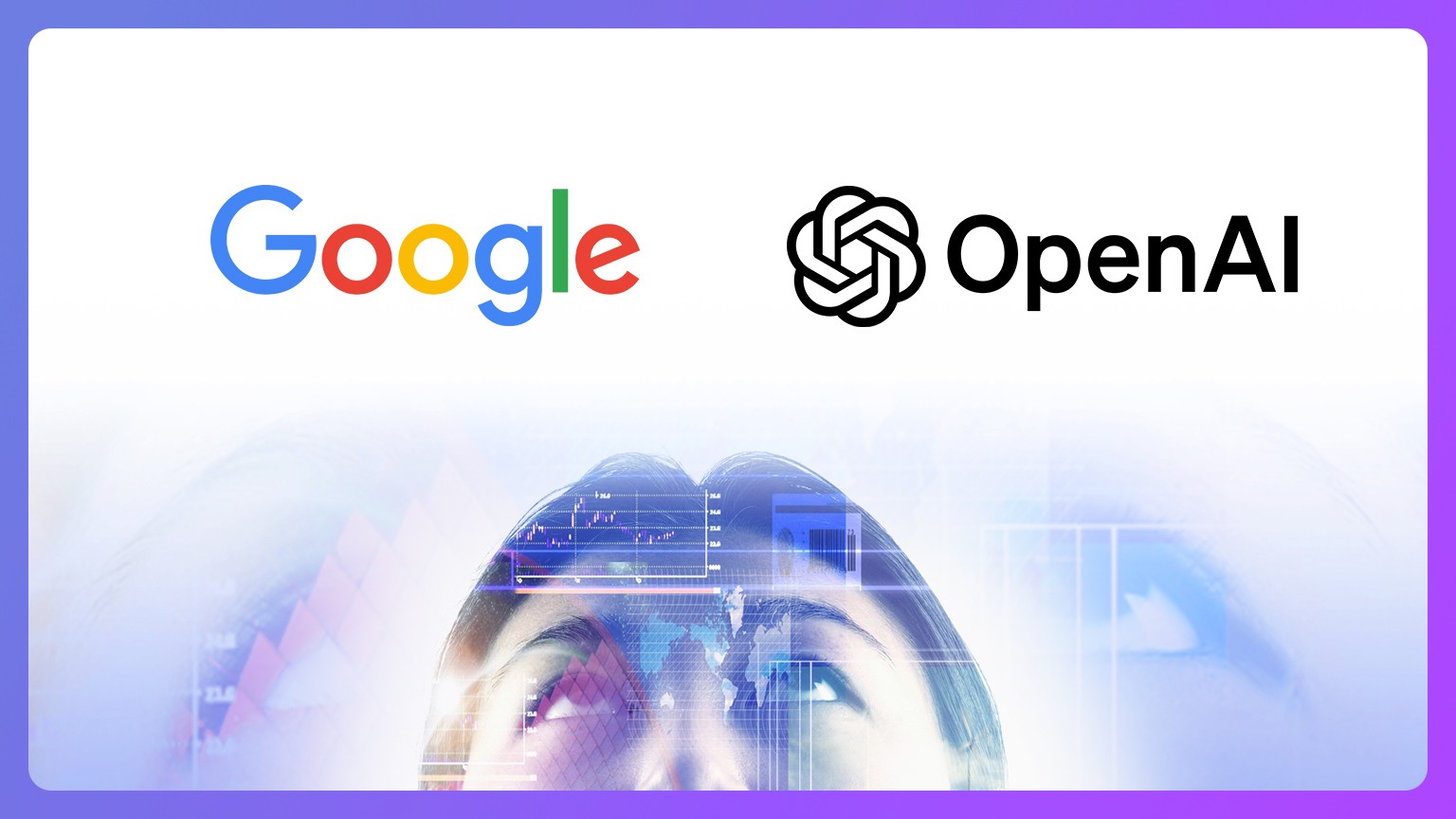Google unveils new AI model
US tech giant Google says it will soon fully integrate generative artificial intelligence into its search engine function.
Chief Executive Sundar Pichai said on Tuesday that the latest version of Gemini AI software can process about 30 times more information than its predecessor, with faster response speeds.
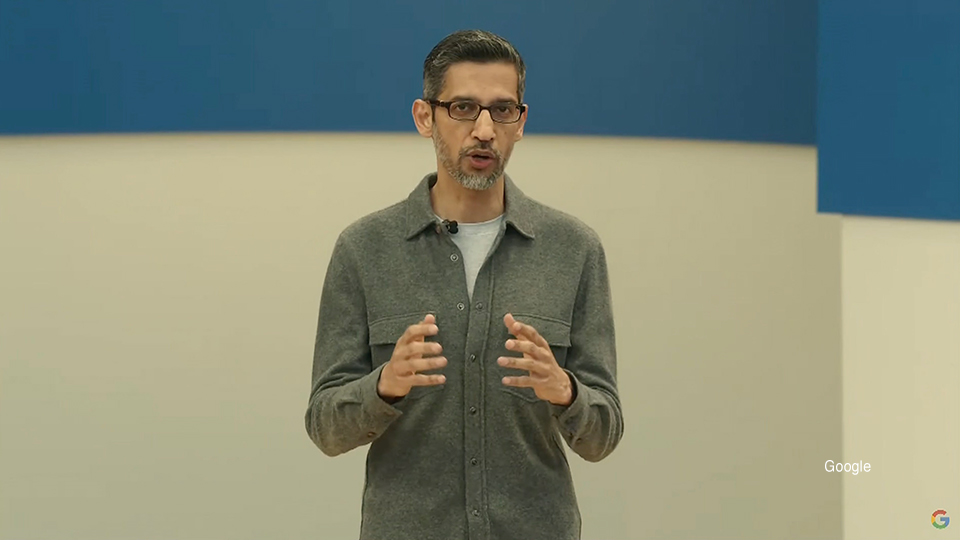
He said users will have a more convenient search experience. Beyond sentence-based searches, users will, for example, be able to post a video of a broken home appliance, and the AI will explain how to repair it. He added that the new features will be free and roll out first in the United States.
Google also announced that it is developing a support function that uses a smartphone camera to surveil the surrounding situation. For example, if a person cannot find a pair of glasses and asks where they are, the new function will be able to locate them.
OpenAI launces new AI model
Meanwhile, US startup OpenAI on Monday released GPT-4o, a generative AI model with a quicker response time and more natural interactions.
In a demonstration, a company representative asked the model: "So I'm on stage right now. I'm doing a live demo, and frankly, I'm a little bit nervous. Can you help me calm my nerves a little bit?"
The model answered: "Oh, you're doing a live demo right now? That's awesome! Just take a deep breath, and remember, you're the expert here."
GPT-4o boasts significantly upgraded text, visual and audio-processing capabilities. OpenAI says that unlike previous models, there is no lag in responding to audio, enabling it to converse more naturally with the user.
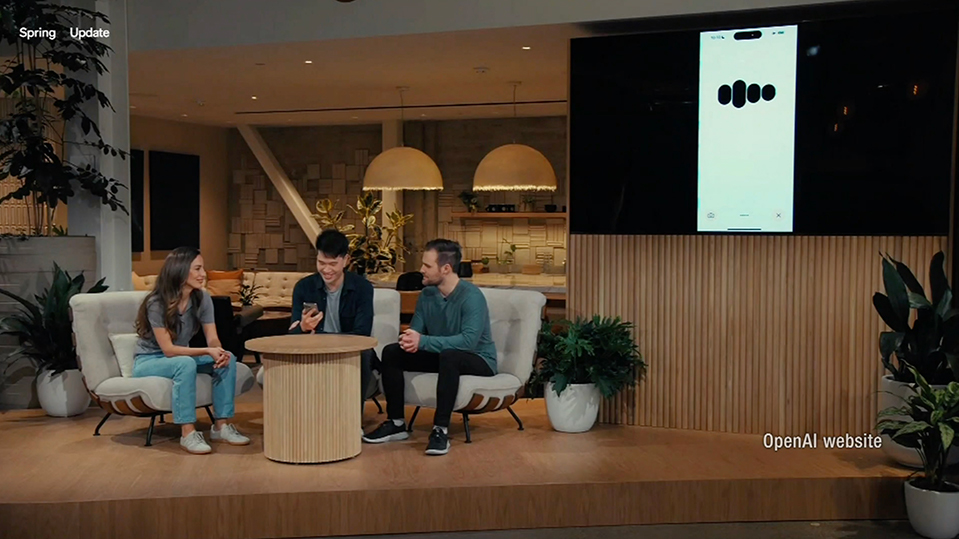
Generating headlines by releasing new AI models
Meta, another US tech giant, announced last month that it's releasing Llama3, an AI open-source model. The company plans to make the technology available for free on many channels, including its own Facebook and Instagram platforms.
US media has reported that Apple was in discussion with OpenAI and Google to use their respective AI chatbots for iPhones.
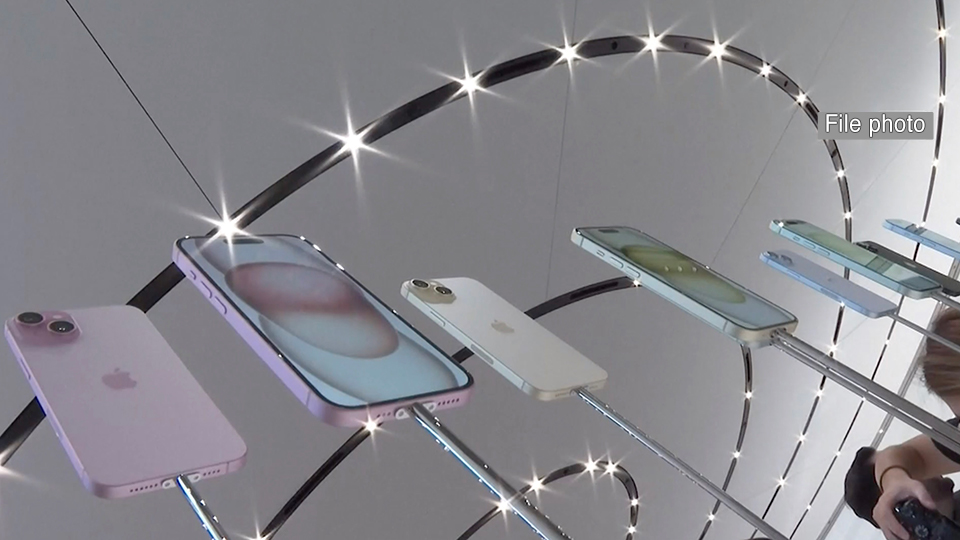
How are US companies using generative AI?
The use of generative AI is spreading fast among US companies. Research firm Demandsage says more than 92 percent of Fortune 500 companies are using ChatGPT.
Major beverage maker Coca-Cola has been using generative AI for advertising since 2023. The company said last month it's strengthening the use of the technology in marketing by partnering with Microsoft.
Retailer Walmart is using the technology for online sales. It has established a system to recommend products that meet customers' needs from the context of inquiries.
A growing number of venture firms are also trying to expand their business through generative AI.
Production company Three Leaf Clover.ai in New York creates advertising videos, and uses the generative AI function to produce footage and voices.
When creating an advertisement for a medical technology firm, for example, it can first generate photos inside a hospital and change them into a video. The company says it can also transform voices to those of other people.
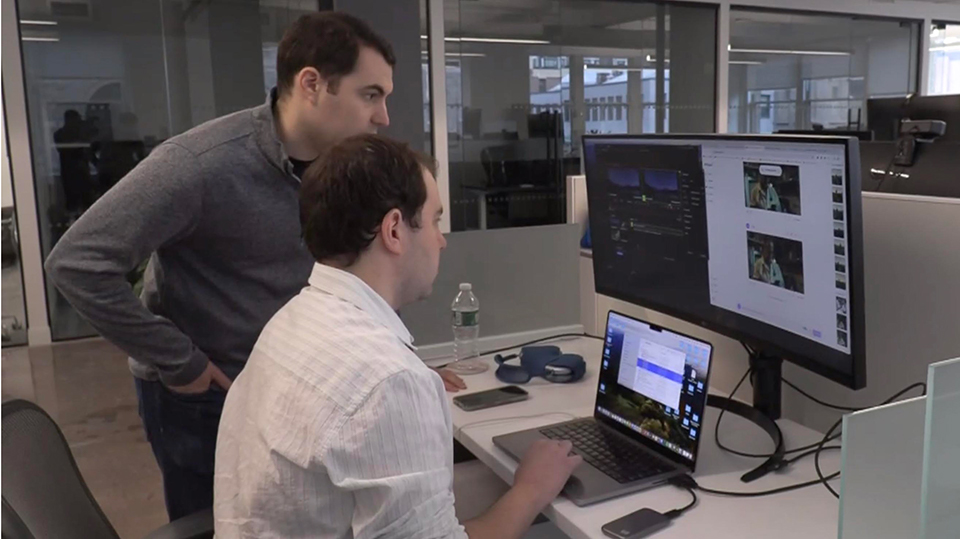
Company founder Eric Rich says the technology can cut production costs and time.
"If we don't get a shot we wanted, I can use AI to put in footage over that," Rich said. "I think there are a lot of companies out there that really benefit from using AI."
Countering deepfake contents
However, a number of concerns have been raised about the evolution of AI.
Earlier this year, social media companies raced to delete viral sexually explicit images of US pop singer Taylor Swift, likely created by generative AI.
As the development of AI technology accelerates, deepfake images are becoming more sophisticated, spurring the need for measures to prevent the spread of fake information and the abuse of the technology.
OpenAI announced last week that it's launching a tool that can detect images created by its own DALL-E 3 text-to-image generator. It said the new deepfake detector can identify about 98 percent of images created by it.
"I think we are seeing an incredible sort of change in the technology landscape," said Will Knight, a senior writer at tech magazine WIRED. He added that competition to develop AI is intensifying, so we should be careful about the consequences.
"There could be negative sides that we haven't thought about."
